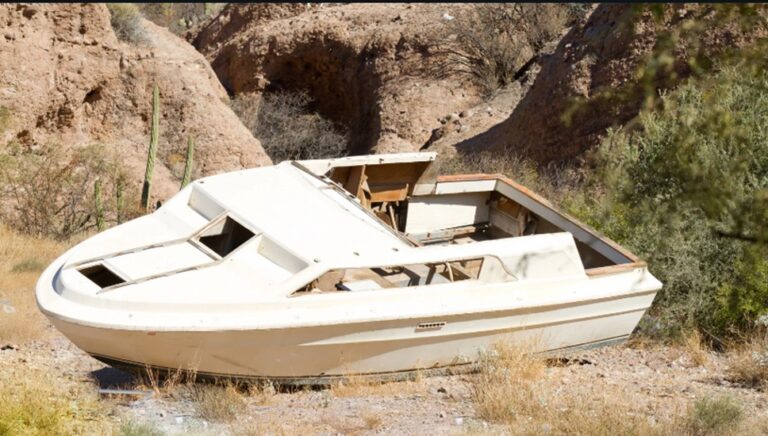Boating is a popular recreational activity, especially during warmer months. While it offers freedom and fun on the water, it also comes with risks. Every year, thousands of boating accidents occur in the U.S., many of which are preventable with better awareness and safety practices. If you or someone you know has been involved in a boating incident, consulting with a professional like a boat accident attorney in Atlanta can help navigate the legal complexities that may follow such events.
Understanding the most common causes of these accidents is the first step to prevention. Here’s what you need to know—and how to stay safe.
1. Operator Inattention or Inexperience
One of the leading causes of boating accidents is simple inattention. Just like driving a car, operating a boat requires full awareness of your surroundings. Distractions such as talking, using mobile devices, or unfamiliarity with navigation rules can lead to dangerous situations.
How to avoid it: Boaters should take a certified safety course before operating any vessel. Always designate a responsible, sober operator, and remain alert while underway.
2. Speeding and Reckless Operation
High speeds reduce reaction time, especially in crowded waterways. Sudden turns, wake jumping, or failing to yield to other vessels can all result in loss of control or collisions.
How to avoid it: Always obey posted speed limits and operate the boat responsibly. Reduce speed in congested areas, near docks, or during poor visibility conditions.
3. Alcohol Use While Boating
Boating under the influence (BUI) is just as dangerous as drunk driving. Alcohol impairs judgment, slows reflexes, and increases the likelihood of accidents. According to the U.S. Coast Guard, alcohol is a leading factor in fatal boating accidents.
How to avoid it: Avoid consuming alcohol if you’re operating a boat. Assign a sober skipper or wait until you’re safely ashore before drinking.
4. Mechanical Failures and Poor Maintenance
Engine failures, fuel leaks, steering malfunctions, or electrical issues can all cause boating emergencies. Often, these problems stem from a lack of maintenance or ignoring warning signs.
How to avoid it: Conduct pre-departure checks and schedule regular maintenance. Ensure all systems, including navigation lights, bilge pumps, and communication devices, are functioning properly before leaving the dock.
5. Bad Weather and Environmental Conditions
Sudden storms, high winds, and poor visibility can lead to capsizing or grounding. Even experienced boaters can struggle in rapidly changing weather.
How to avoid it: Always check the marine forecast before heading out. If conditions worsen, return to shore or seek safe anchorage immediately.
6. Overloading and Poor Weight Distribution
Boats have weight limits for a reason. Overloading with passengers or gear can reduce stability and increase the risk of capsizing.
How to avoid it: Know your vessel’s capacity and distribute weight evenly. Keep passengers seated and avoid sudden movements, especially in small boats.
Conclusion
Most boating accidents are preventable with the right knowledge, preparation, and behavior on the water. By staying attentive, respecting the rules, maintaining your equipment, and monitoring environmental conditions, you can enjoy boating safely. When accidents do happen, especially due to negligence or violations, speaking with a boat accident attorney can help you understand your rights and options for legal recourse.


Comments are closed.